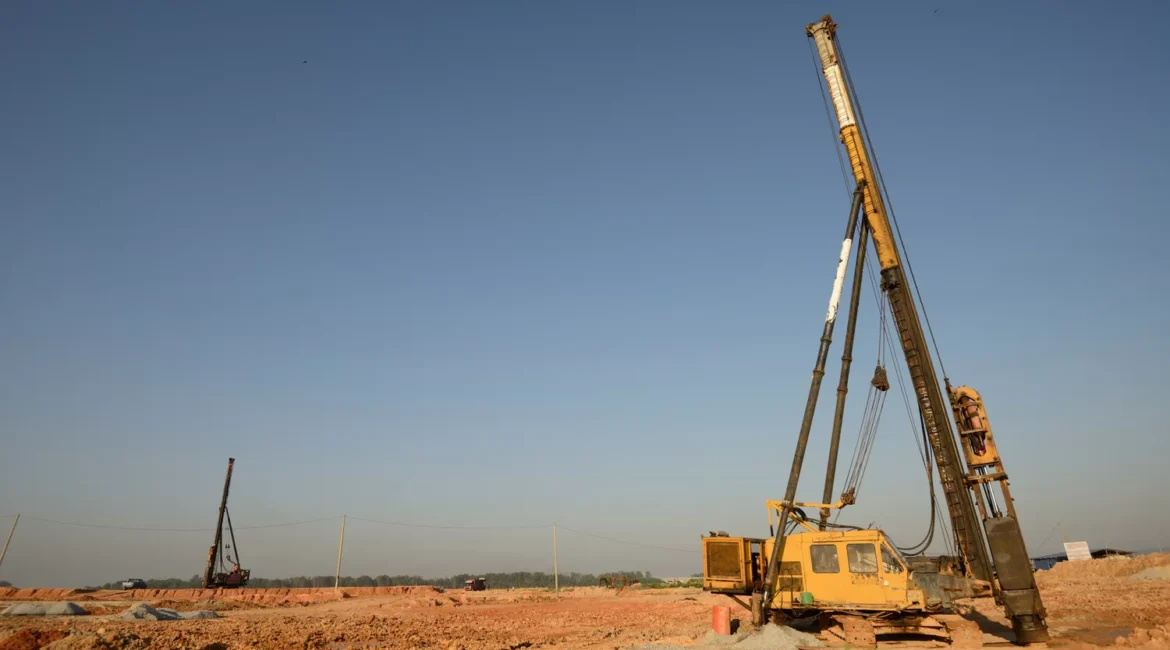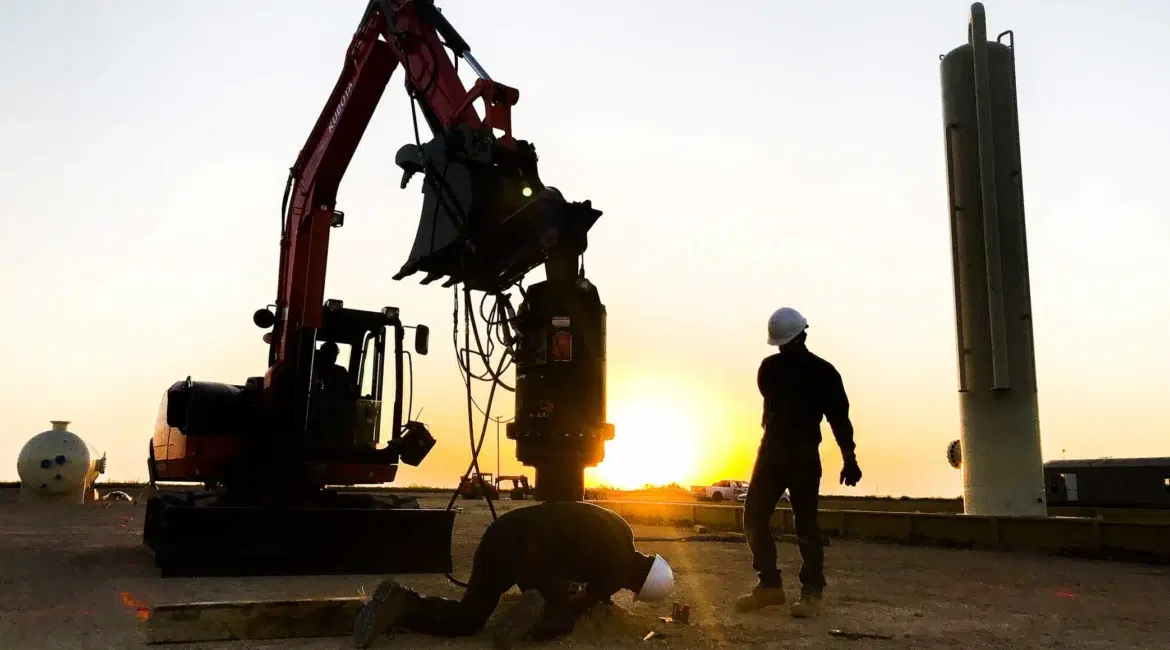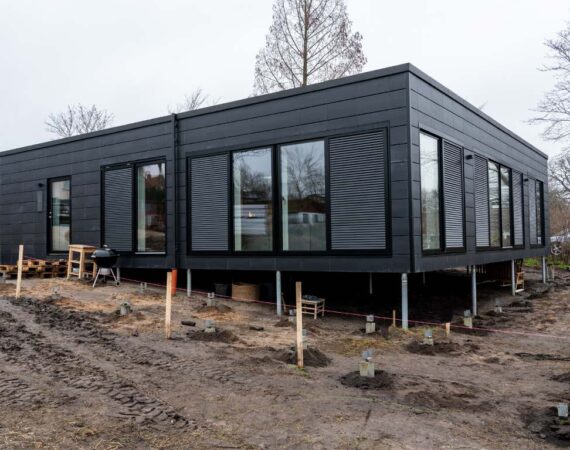Sustainability of Screw Pile Foundations

As the world faces environmental challenges due to construction activities, there is a growing need for sustainable solutions. Screw pile foundations are an environmentally friendly alternative that is gaining popularity. In this article, we will discuss the environmental benefits of using screw pile foundations, including reduced excavation, minimal site disturbance, and potential for reuse. We will also explore the sustainability aspects of screw pile foundations and compare them to traditional foundation methods to assess their ecological impact.
Reduced Excavation and Minimal Site Disturbance
Preserving Ecosystems
Screw pile foundations have a significant ecological benefit due to their minimal impact on the surrounding environment. Unlike traditional foundations that require extensive excavation, screw piles are installed by screwing them into the ground, which causes significantly less disruption to the natural environment. This reduced excavation minimizes disturbance to the soil, flora, and fauna, contributing to the preservation of local ecosystems.
Protection of Water Bodies
When constructing traditional foundations, there is a risk of soil runoff and contamination, which can negatively affect nearby water bodies. However, the use of screw pile foundations can help mitigate these risks. This is because screw pile foundations require limited excavation, which minimizes soil structure disturbance, thereby protecting water quality and aquatic habitats. This aligns with sustainable construction practices.

Potential for Reuse and Adaptability
Reuse of Screw Piles
Many people tend to overlook the potential for reuse as an aspect of sustainability in construction. However, screw pile foundations, which have a modular design, can be easily extracted and repurposed in other projects. This adaptability not only reduces the demand for new materials, but also minimises the environmental impact associated with disposing of traditional foundation elements.
Adaptability to Varied Soil Conditions
Screw pile foundations are a versatile option as they can adapt to different soil conditions without requiring extensive modifications. This adaptability reduces the need for additional materials or treatments, making the construction process more sustainable. On the other hand, traditional foundations may require soil stabilization measures, leading to increased resource consumption.
Sustainability Comparison with Traditional Foundations
Energy Efficiency
The use of screw pile foundations requires less energy and machinery compared to traditional foundation methods, resulting in lower energy consumption and carbon emissions during construction.
Carbon Footprint
Many conventional foundation methods rely on concrete, a material that is known for its large carbon footprint. However, the use of screw pile foundations, which are constructed using modular and steel-based materials, can lead to a reduced carbon footprint. Additionally, the potential for reusability and recyclability of screw pile foundations further contributes to their environmental benefits.
Long-Term Impact
Screw pile foundations offer a sustainable solution for minimising environmental impact and considering long-term effects through their adaptability and potential for reuse.
Sustainability With Screw Piles
The adoption of screw pile foundations in construction is a positive step towards achieving environmentally responsible and sustainable building practices. These foundations cause minimal site disturbance and reduce the need for excavation, which makes them a great option for preserving ecosystems and minimising the environmental footprint of construction projects. As the construction industry increasingly embraces sustainability, it’s clear that screw pile foundations play a crucial role in promoting a healthy relationship between human development and the environment.

